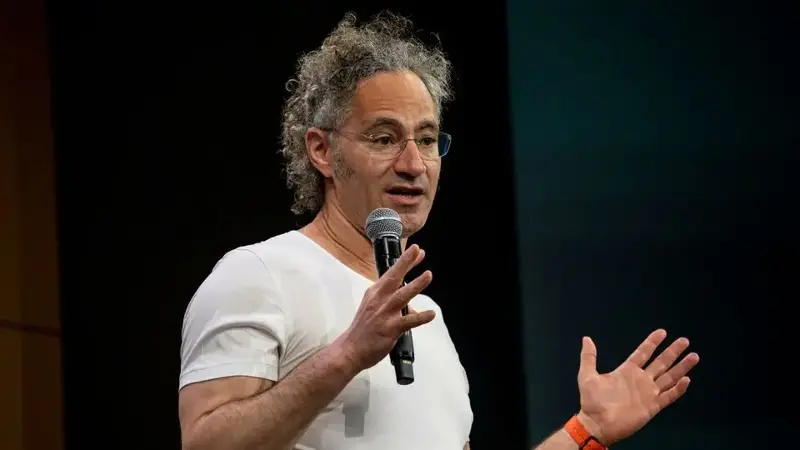
Defense technology company Palantir's co-founder and CEO Alex Karp has suggested that college degrees will be useless in the artificial intelligence (AI) age, according to multiple reports. Karp felt that smart kids graduating from well-known universities with “generalized knowledge” are “effed.”
Warning for Yale graduates: ‘Learn something specific’
Speaking to Axios on education, AI and building his company, 58-year-old Karp was rather critical of the future payoffs for the highly educated. “A high-IQ graduate of Yale, for instance, who has generalized knowledge, but it's not specific. You're effed,” Karp said.
“The Yale grad will have to learn something specific — domain expertise. How do I actually write a script that allows me to target terrorists?… How do I put cement in a factory with such precision that you can build a factory like it was built in Taiwan, in America?” he added.
Karp added that what can help future degree earners make “more money” is if they can maximise the potential value-add of AI, as per an New York Port report.
Age of AI challenges traditional college education?
Notably, the NYP in its report cited the United States Federal Reserve Bank of NY's 2025 report, which showed that among college graduates aged 22-27, those who studied computer science and computer engineering are highly unemployed — 6.1% and 7.5% unemployment rates, respectively. The numbers are so bleak, they beat the usual unemployment suspects — art history students (3%), it added.
And while he may have been the bluntest, Karp is not alone in the thought. Open AI’s Sam Altman in October said that he believes AI can outpace humans in scientific discoveries. So, what professional route can people take? The ChatGPT maker's chief felt “the skill of learning how to learn” will be important.
“The meta skill of learning how to learn, of learning to adapt, learning to be resilient to a lot of change … learning what people want,” he added.
Even Matt Garman, CEO of tech major Amazon Web Services (AWS), had similar advice for future job seekers about employment skills the AI age. Speaking to CNBC he expressed strong belief in the need to develop more soft skills — some advice he also gives his children. “Develop your critical thinking skills in college, no matter what subject you study,” he stressed.
“I think part of going to college is building [your] critical thinking. It’s less about the development of skills, and it really is [about] how do you become a critical thinker? In some ways, I think that’s actually going to be the most important skill going forward,” he added.
Besides critical thinking, Garman also highlighted two other important soft skills — adaptability and communication.
